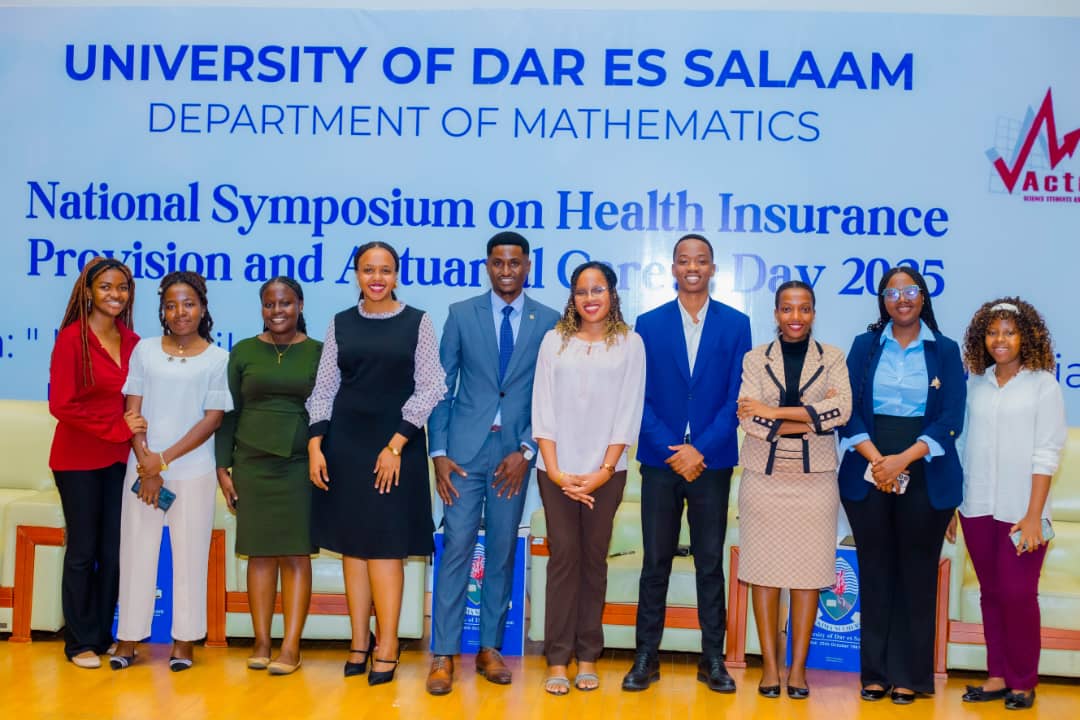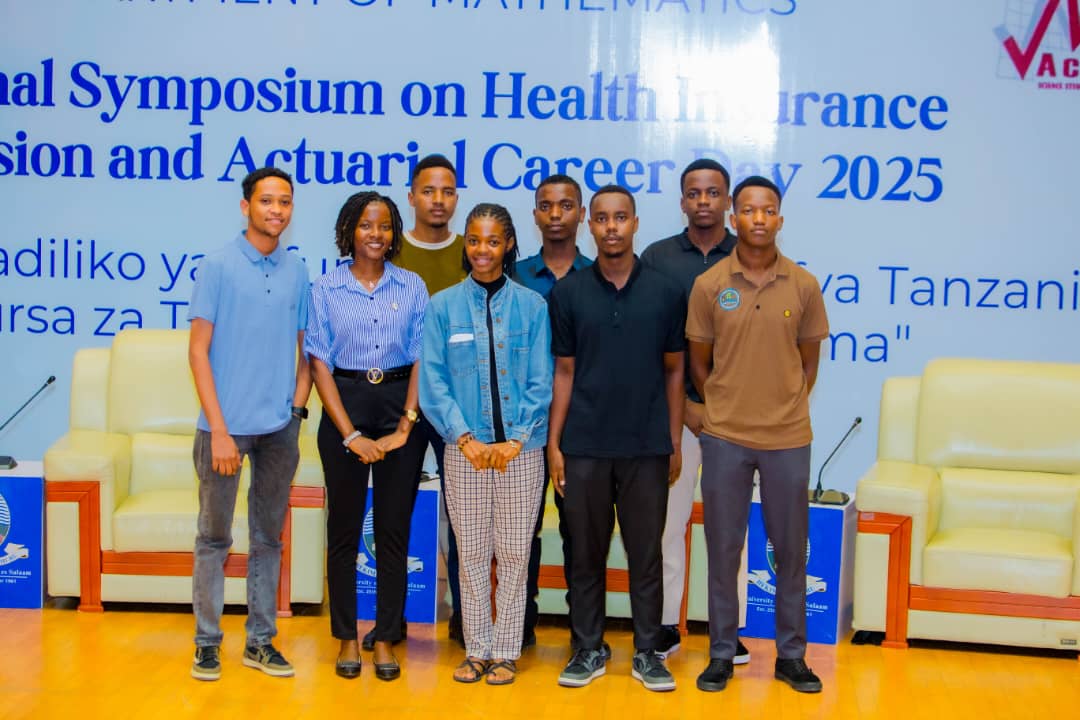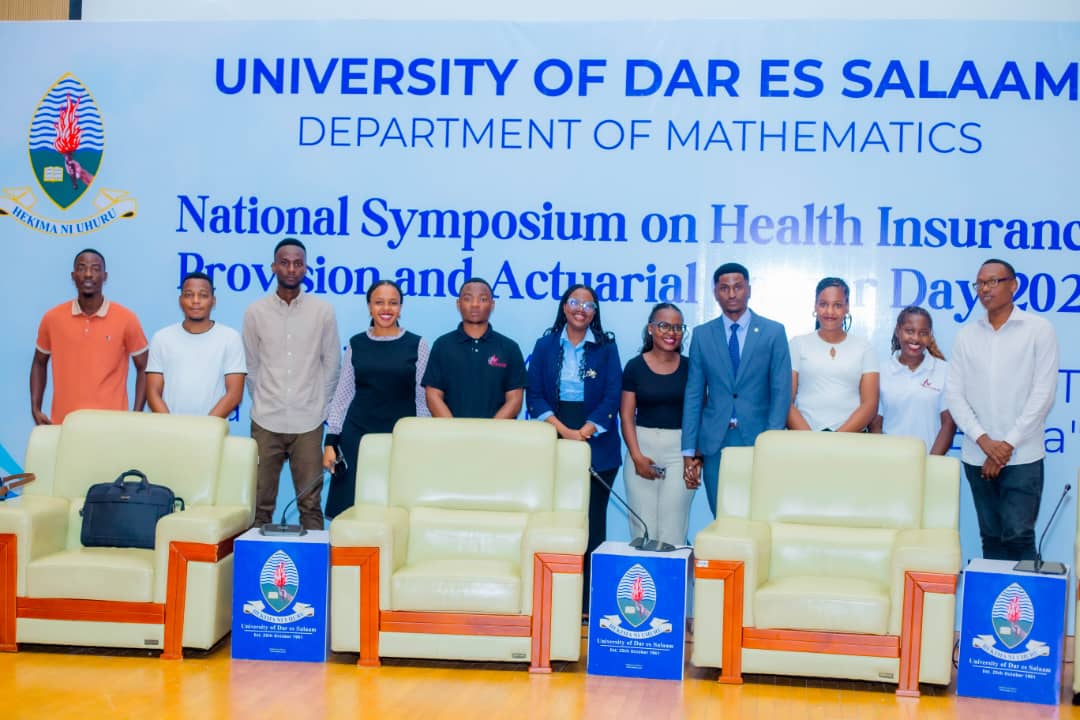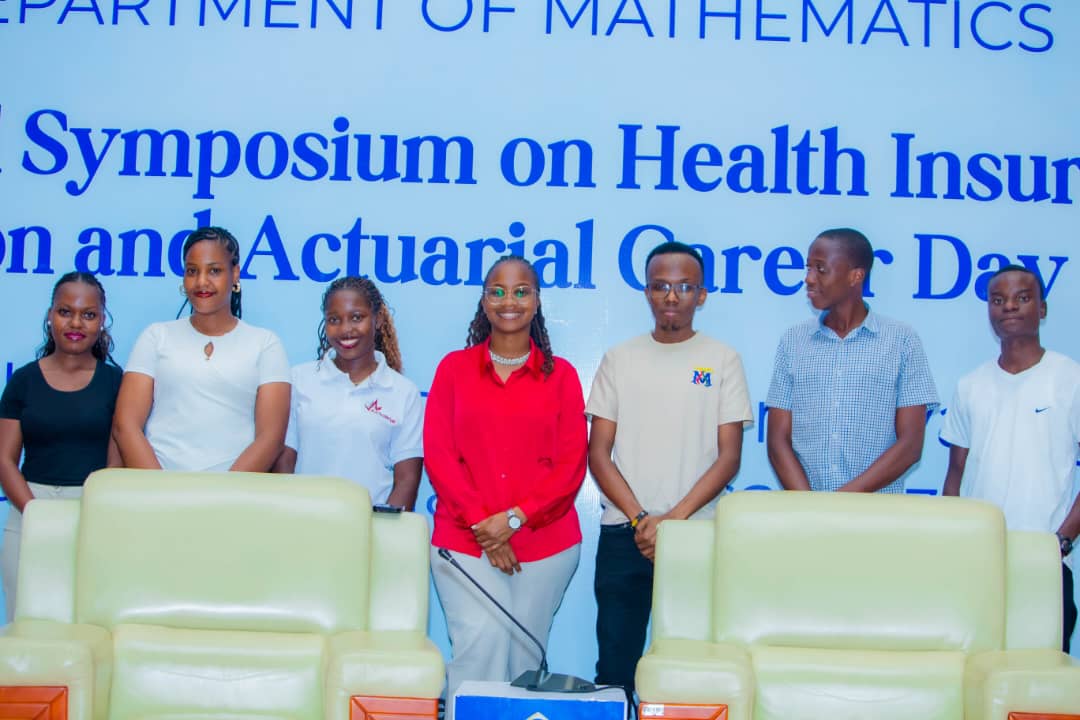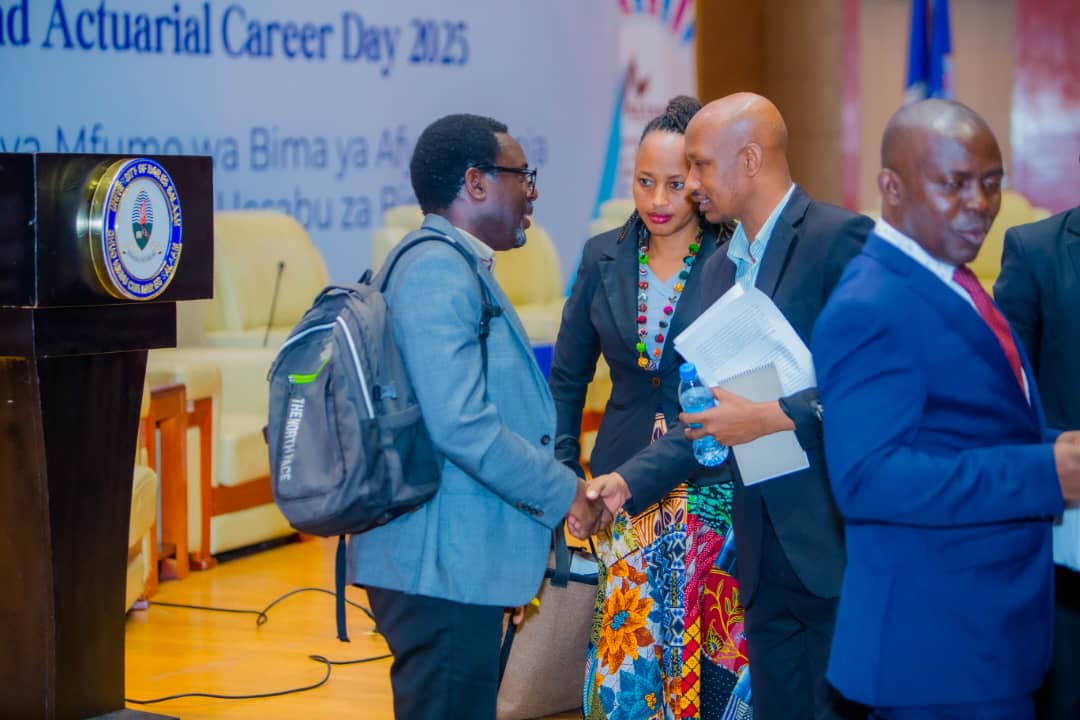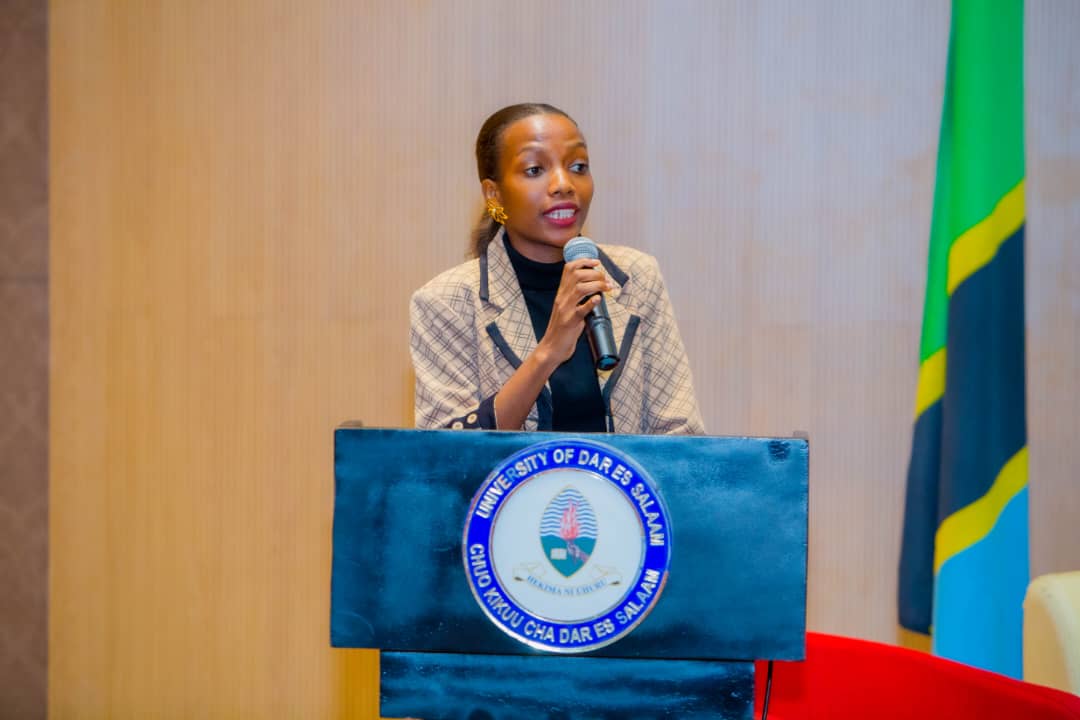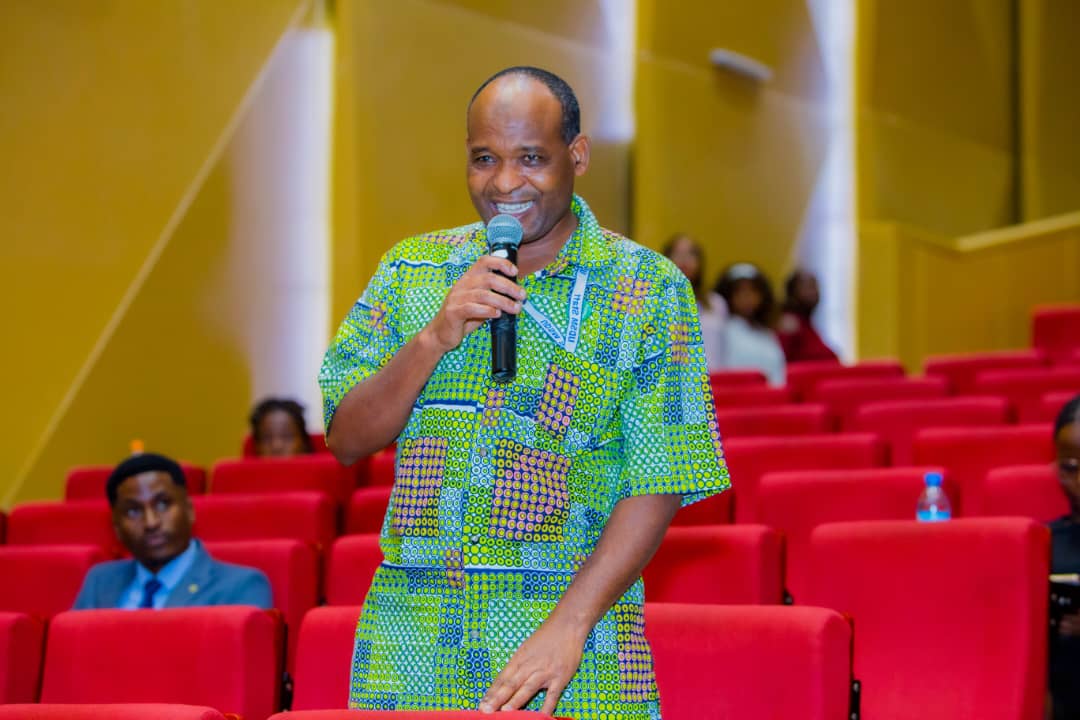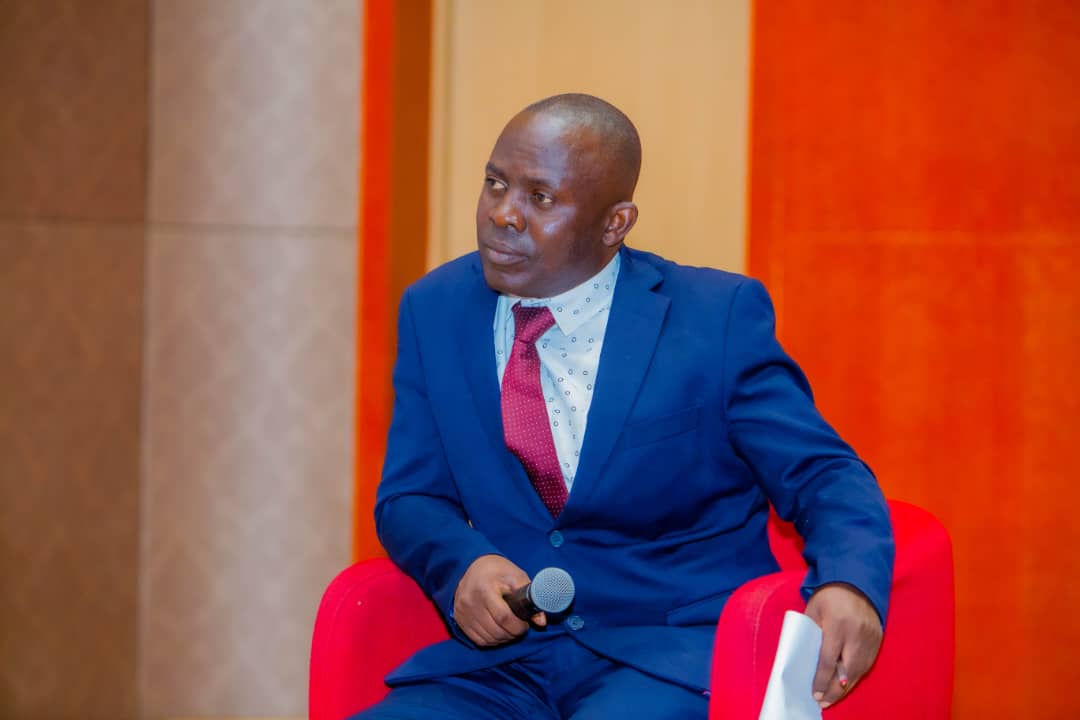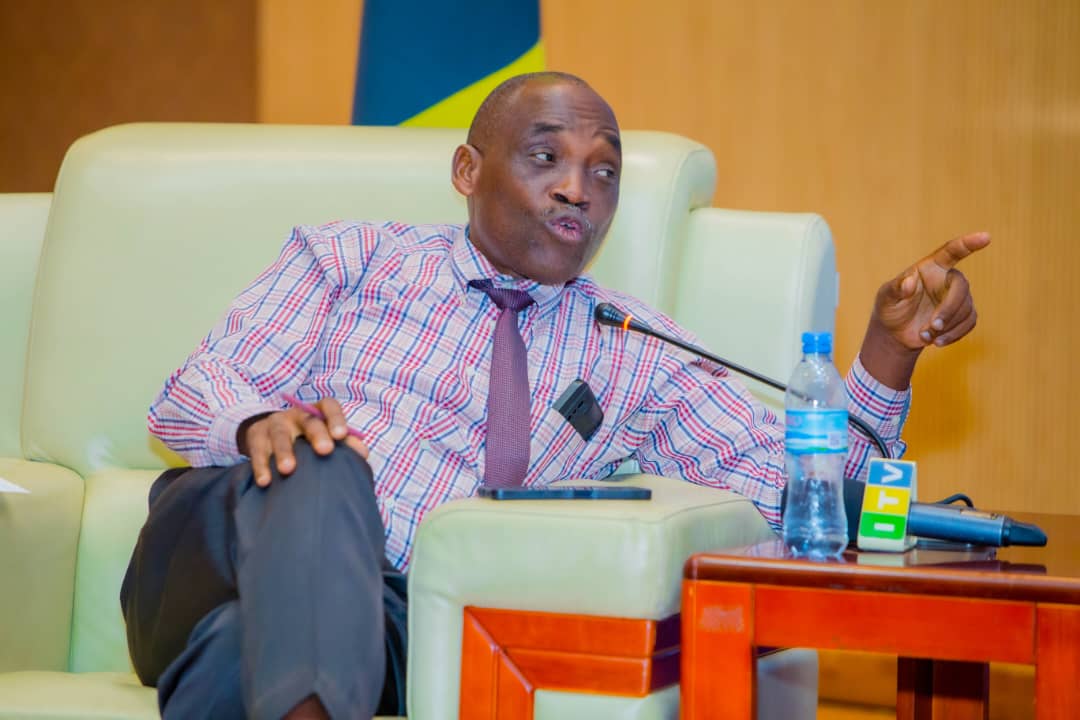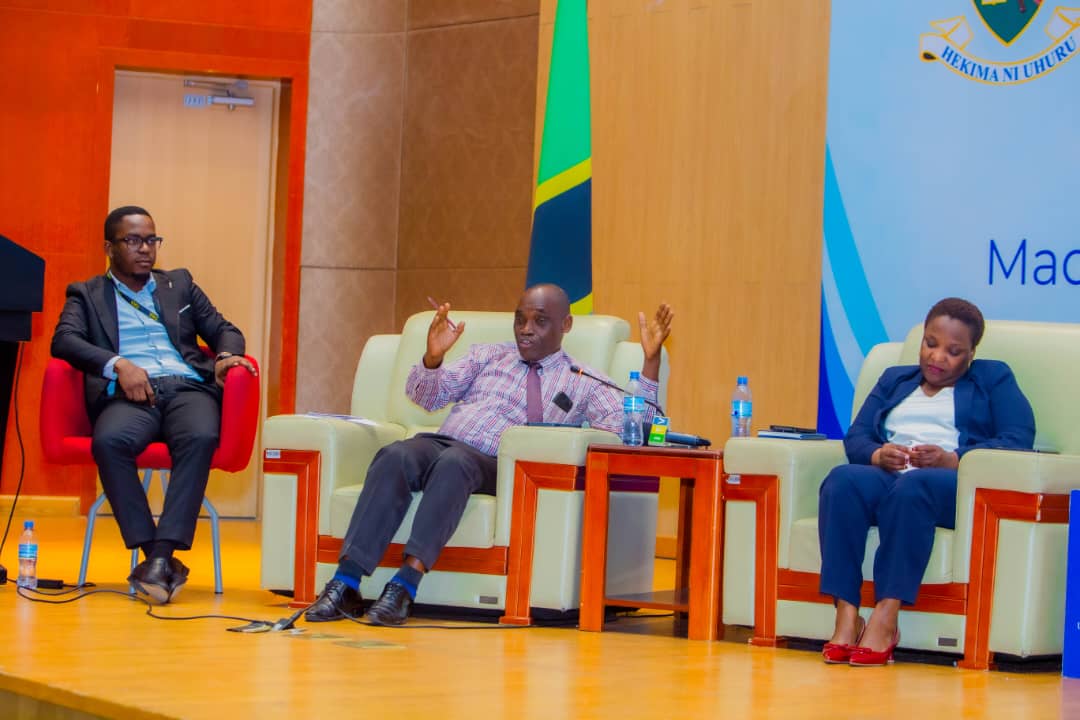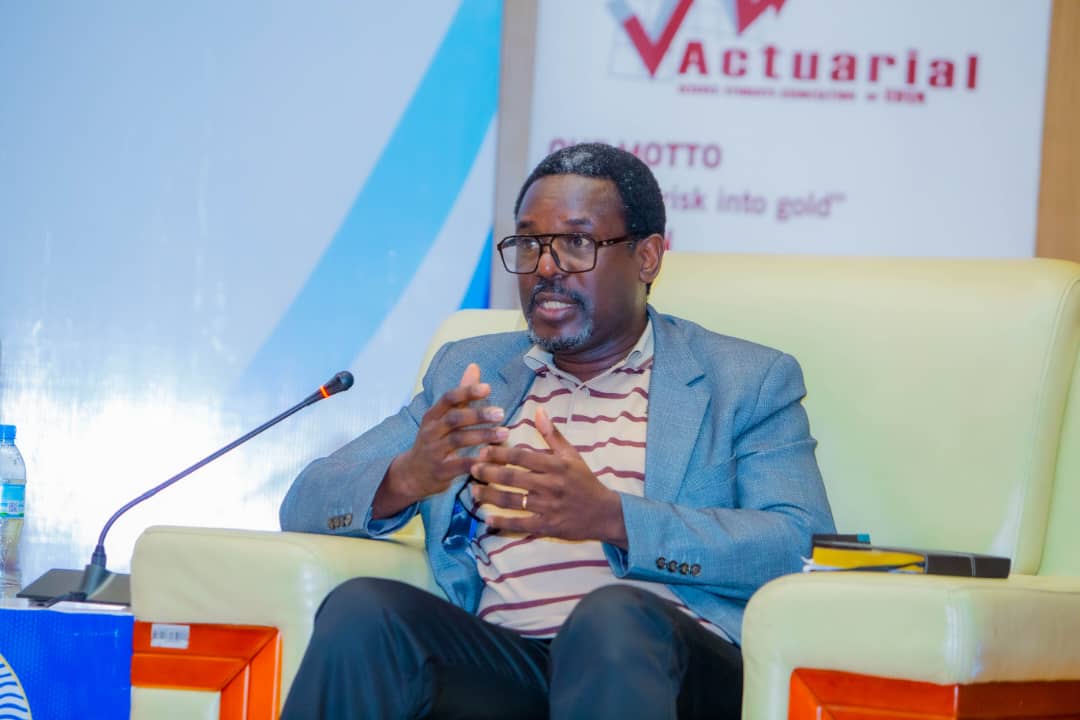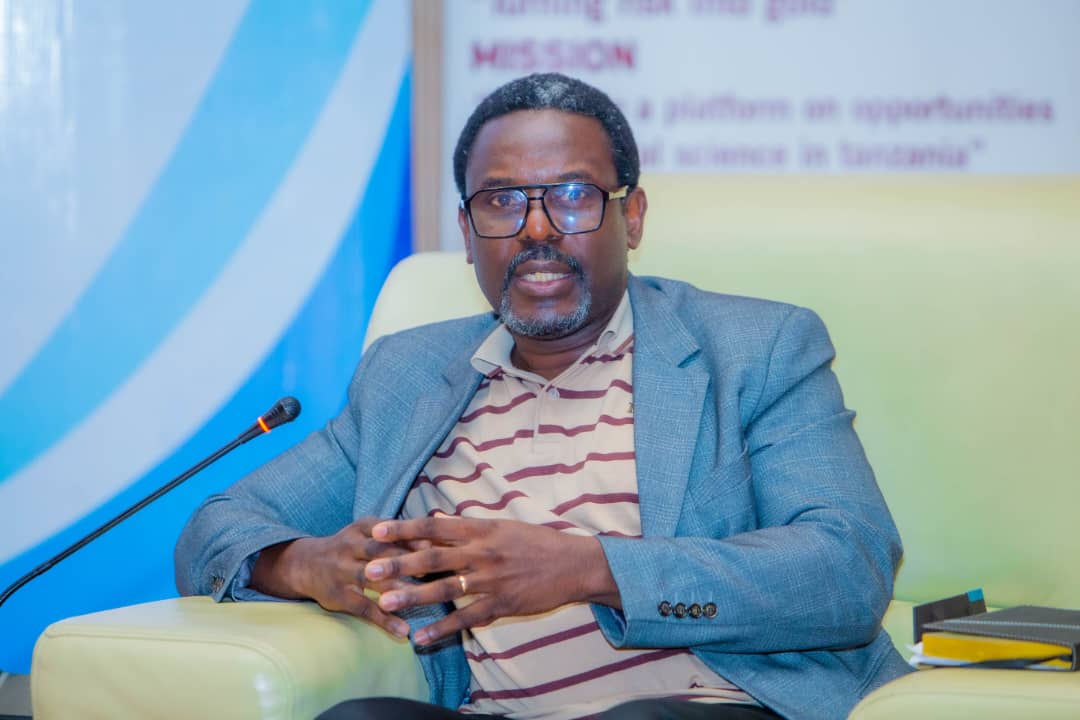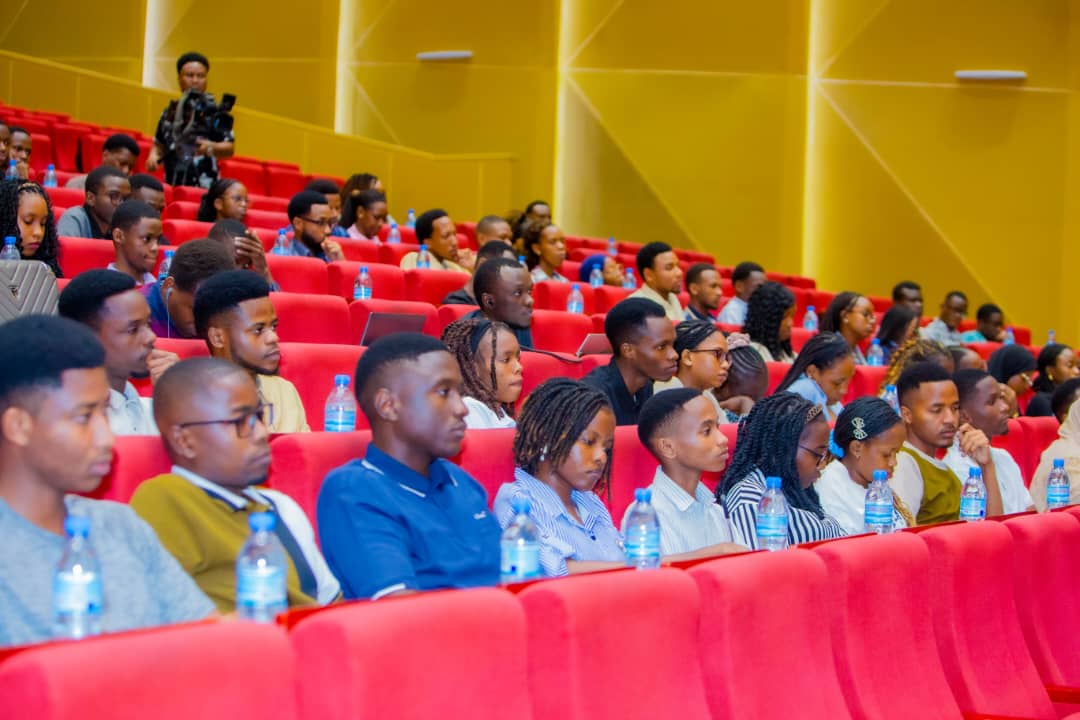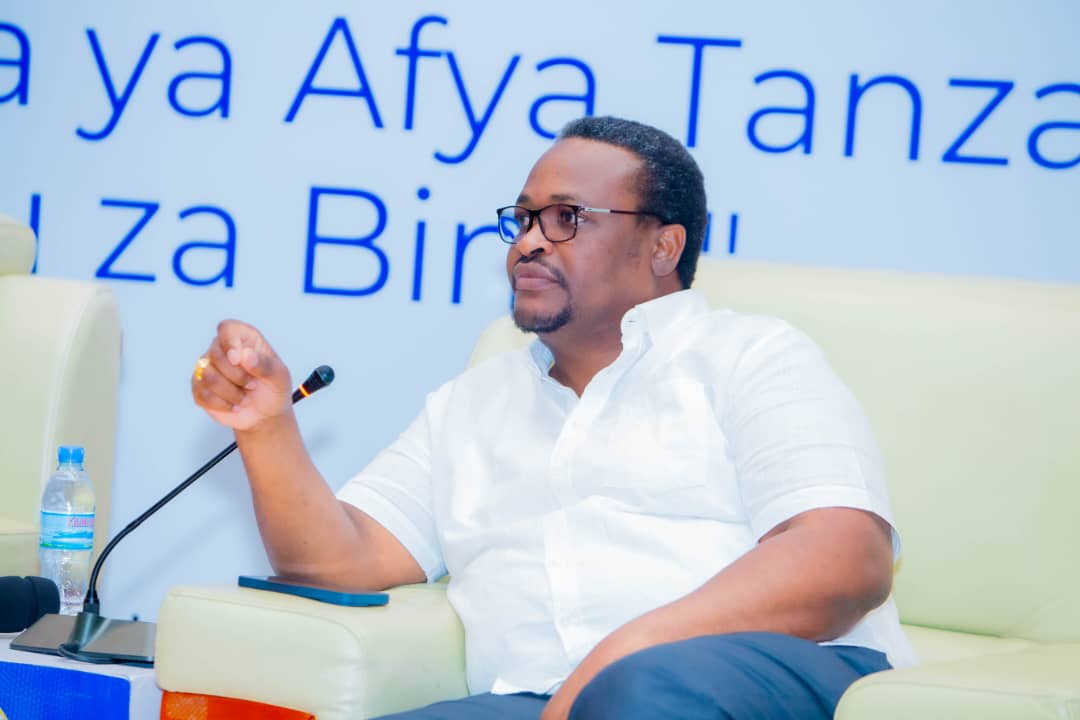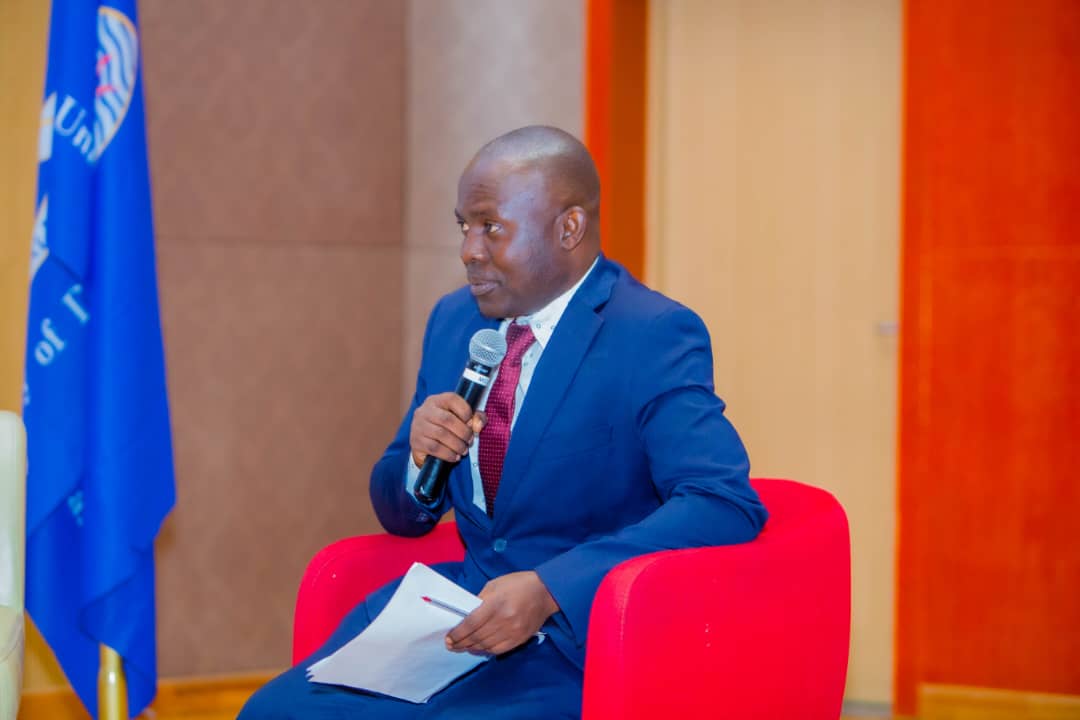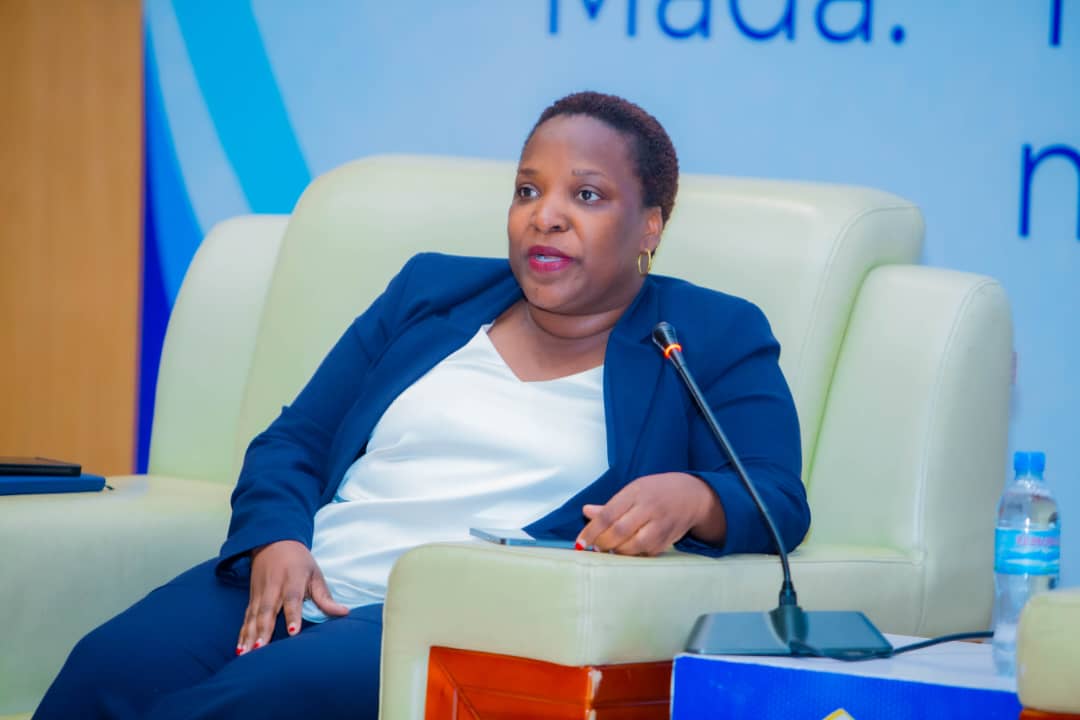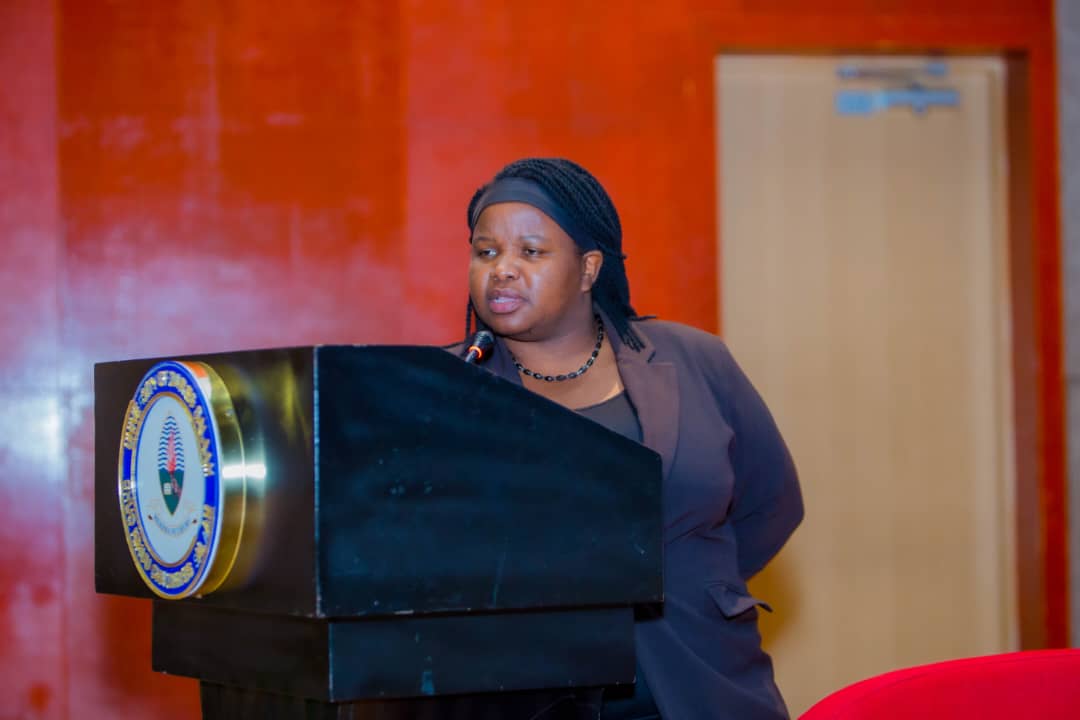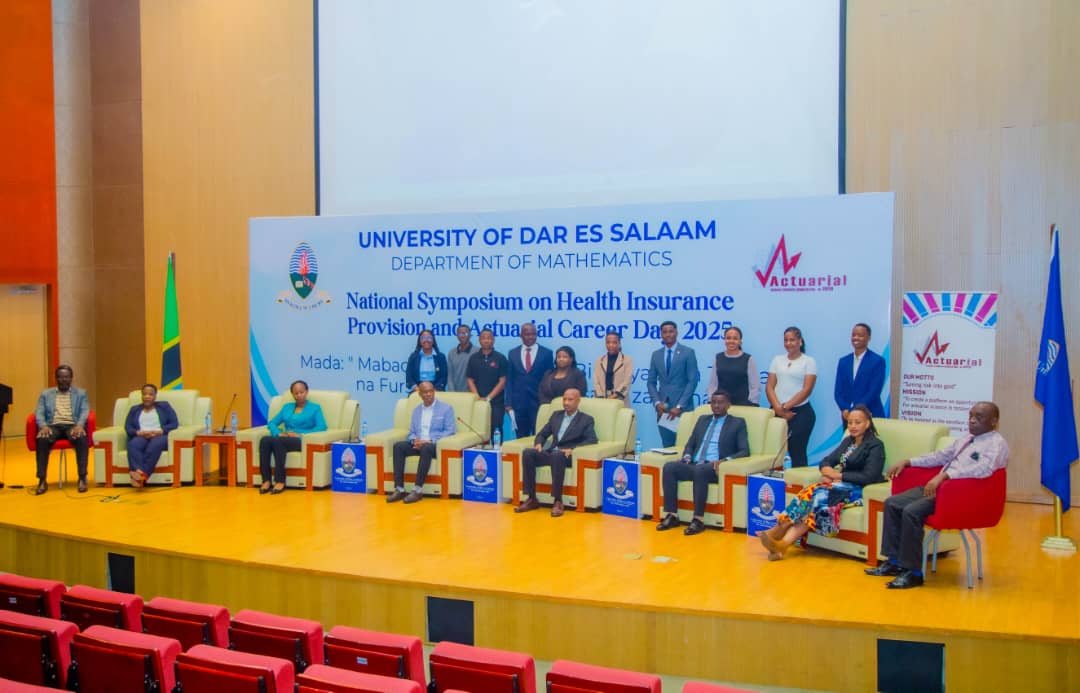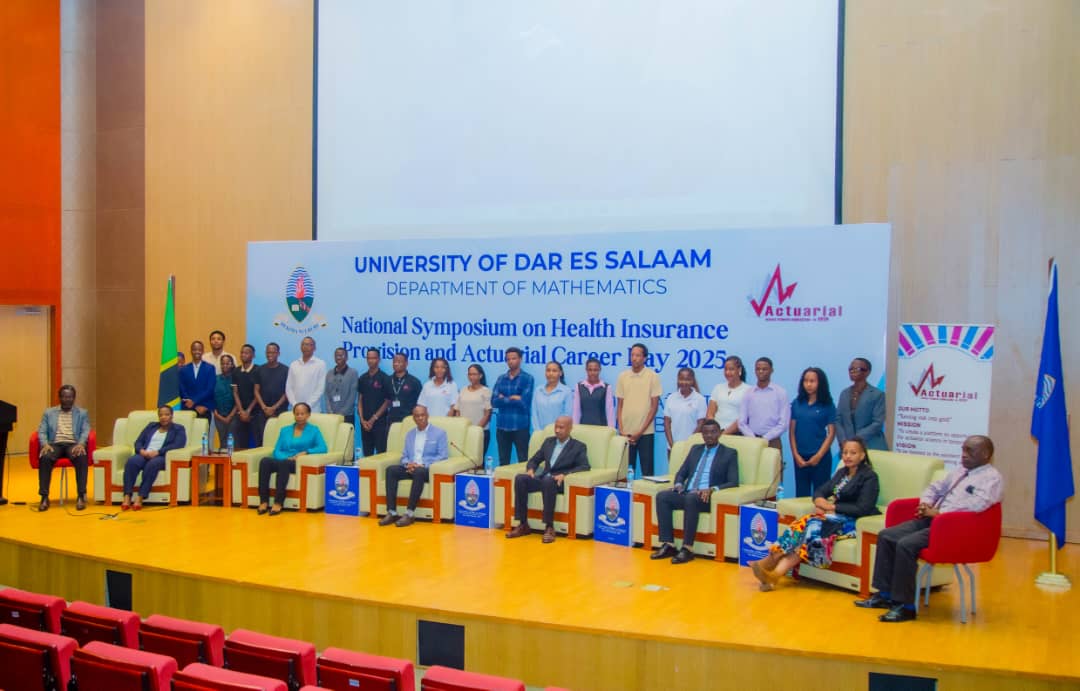Health Insurance National Agenda Takes Center Stage at Landmark Actuarial Science Symposium
By Jackson Isdory, CMU
The future of health insurance in Tanzania took center stage on 25 June 2025, when the University of Dar es Salaam (UDSM) hosted the National Health Insurance Symposium and Actuarial Science Academic Day 2025. The event, organised by the Department of Mathematics in collaboration with the Actuarial Science Students Association (ASSAUD), attracted leading experts, policymakers, regulators, and students for a high-level dialogue on inclusive health systems and the role of actuarial science in shaping national development.
Held at the UDSM Library Auditorium, the symposium addressed one of Tanzania’s most pressing policy priorities: universal health coverage, and explored how actuarial science can strengthen evidence-based decision-making in health financing.
A Platform Bridging Academia and Industry
Themed around inclusive dialogue and knowledge dissemination, the symposium was designed to close the gap between theoretical learning and real-world applications in health insurance. According to Dr. Agnella Nemuo Mandia, Lecturer of Actuarial Science and Coordinator of Actuarial Research at UDSM, the event created a convergence point for thought leaders in health policy, insurance regulation, and actuarial science.
“This forum not only enriched the professional understanding of our students but also demonstrated the university’s mission to educate and empower the public on matters of national relevance,” said Dr. Mandia. “We aim to deliver knowledge in ways that encourage inclusive civic participation.”
The symposium brought together distinguished speakers from key institutions, including the National Health Insurance Fund (NHIF), Tanzania Insurance Regulatory Authority (TIRA), the Ministry of Health, NSSF, Muhimbili National Hospital, and development partners such as Friedrich-Ebert-Stiftung (FES).
Expert Voices on the Future of Health Insurance
Keynote discussions focused on sustainability, regulatory frameworks, and actuarial innovations for equitable health coverage. Ms. Rose Temba, Head of Actuarial Science, Research, and Risk Management at NHIF, stressed the importance of actuarial modelling in health system strengthening.
“We must bridge the gap between academic modelling and practical policy implementation,” she said. “Events like these build a pipeline of actuaries who combine technical rigour with public service impact. I urge students to pursue professional certifications and get involved in live policy pilots to contextualise their skills.”
Mr. Tumainiel Macha, Director of Policy, Research, and Innovation at the Ministry of Health, called for a data-driven culture in policymaking, noting that actuarial science was no longer optional in health planning.
“With rising costs and increasing demands, sound projections and simulations are essential for equitable healthcare financing,” he said, commending UDSM for creating a model of academic-policy integration.
On the regulatory front, Mr. Ally Khalfan from TIRA highlighted the urgency of readiness as Tanzania moves toward universal health coverage. “We are preparing for a future where every Tanzanian is covered,” he stated. “But pricing, underwriting, and benefit structures must be actuarially sound. Collaboration with universities like UDSM is key to developing this capacity.”
From the social security perspective, Dr. Aloyce Limu, Chief Medical Officer for NSSF’s SHIB programme, warned of sustainability challenges facing medical benefit schemes.
“Without actuarial vigilance, social health insurance risks becoming insolvent. We must promote risk pooling, preventive care, and data stewardship,” he cautioned.
Ms. Anna Mbise of FES underscored the social justice dimension of actuarial work.
“Our collaboration with academic institutions is premised on equity,” she said. “We need professionals who see the human face behind every number and design inclusive systems that serve informal workers and vulnerable groups.”
Medical insights came from Dr. Elisha Osati, Senior Physician at Muhimbili National Hospital and 19th President of the Medical Association of Tanzania, who issued a compelling call to action.
“Health is not just a policy, it is a daily reality,” he said. “We need scientists who can translate data into compassionate healthcare delivery. This partnership between medicine and mathematics is long overdue.”
Representing the informal sector, Mr. Gaston Kikuwi, Chairperson of the VIBINDO Society, urged practical outreach. “Let us move beyond boardrooms. Bring this knowledge to the streets, to the kiosks, to the bodaboda ranks. The informal sector is ready to engage if the message is delivered in a language they understand,” he said.
Academic Perspectives: Aligning Science with Society
The event also featured strong academic voices that emphasised UDSM’s role in shaping evidence-based policies. Prof. Flora J. Magige, Principal of the College of Natural and Applied Sciences, linked the event to UDSM’s strategic priorities. “We are fostering an ecosystem where science is both intellectually robust and socially responsive,” she said. “Today’s engagement reflects our ethos of relevance, rigour, and reform.”
Dr. Eva Shayo, Coordinator for Sectoral and Industrial Linkages, highlighted plans for structured internships, joint research labs, and annual policy dialogues. “This forum is a model of stakeholder alignment,” she noted.
Dr. Matthew Senga, Director of Research and Publications, placed the event within UDSM’s research agenda, calling it a significant step for the knowledge economy.
“By translating research into policy dialogue, we are fulfilling the university’s triple mission of teaching, research, and public service,” he said.
Dr. Marco Mpimbo, Head of the Department of Mathematics, reaffirmed the department’s commitment to national development. “We are working hand-in-hand with policymakers, insurers, regulators, and students to build a resilient, data-informed Tanzania,” he said. “This includes research, policy forums, and professional development workshops that advance the national interest.”
Students Take the Stage
Student engagement was a defining feature of the symposium, with participants actively sharing insights across social media platforms. LinkedIn posts by Oscar Malogo, Alinanuswe Mwakapuja, and Careen Mndolwa, along with Instagram coverage by Esther Basaya, amplified the event’s impact.
ASSAUD President Esther Basaya captured the student perspective: “This event has empowered us, not just academically, but as future contributors to national policy,” she said. “Engaging directly with industry professionals has broadened our perspective and deepened our resolve to use actuarial science as a tool for public good.”
A Landmark for Tanzania’s Academic and Policy Landscape
The 2025 National Health Insurance Symposium and Actuarial Science Day is widely seen as a transformative moment in Tanzania’s academic-policy ecosystem. It showcased UDSM’s convening power and reinforced its role as a hub for evidence-based societal transformation. By setting a new benchmark for interdisciplinary collaboration, the event underscored the indispensable role of actuarial science in building equitable and sustainable health systems.


